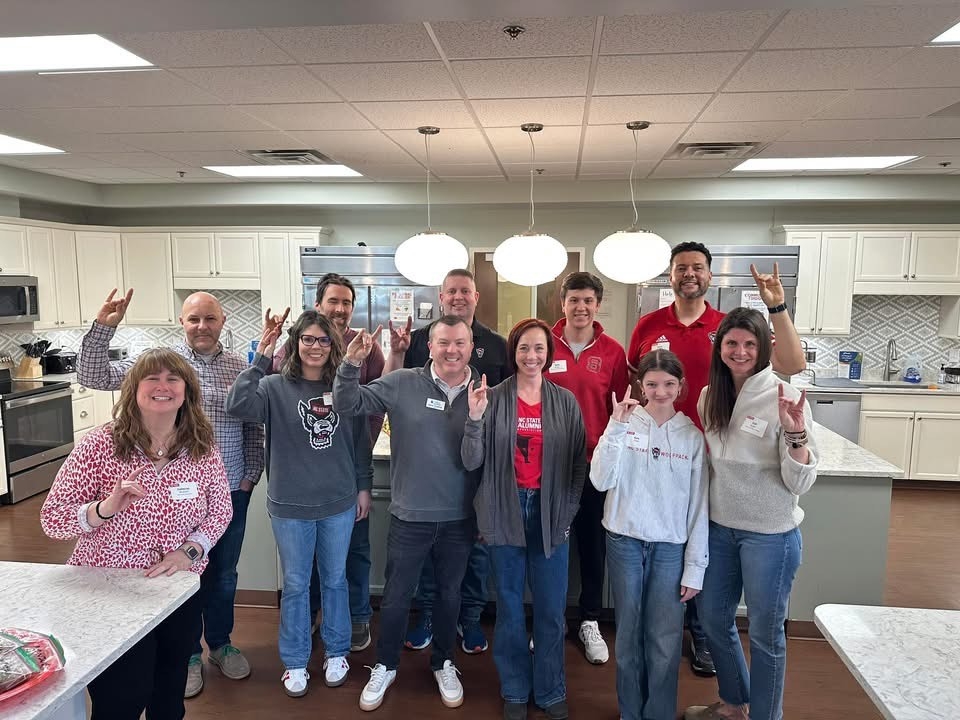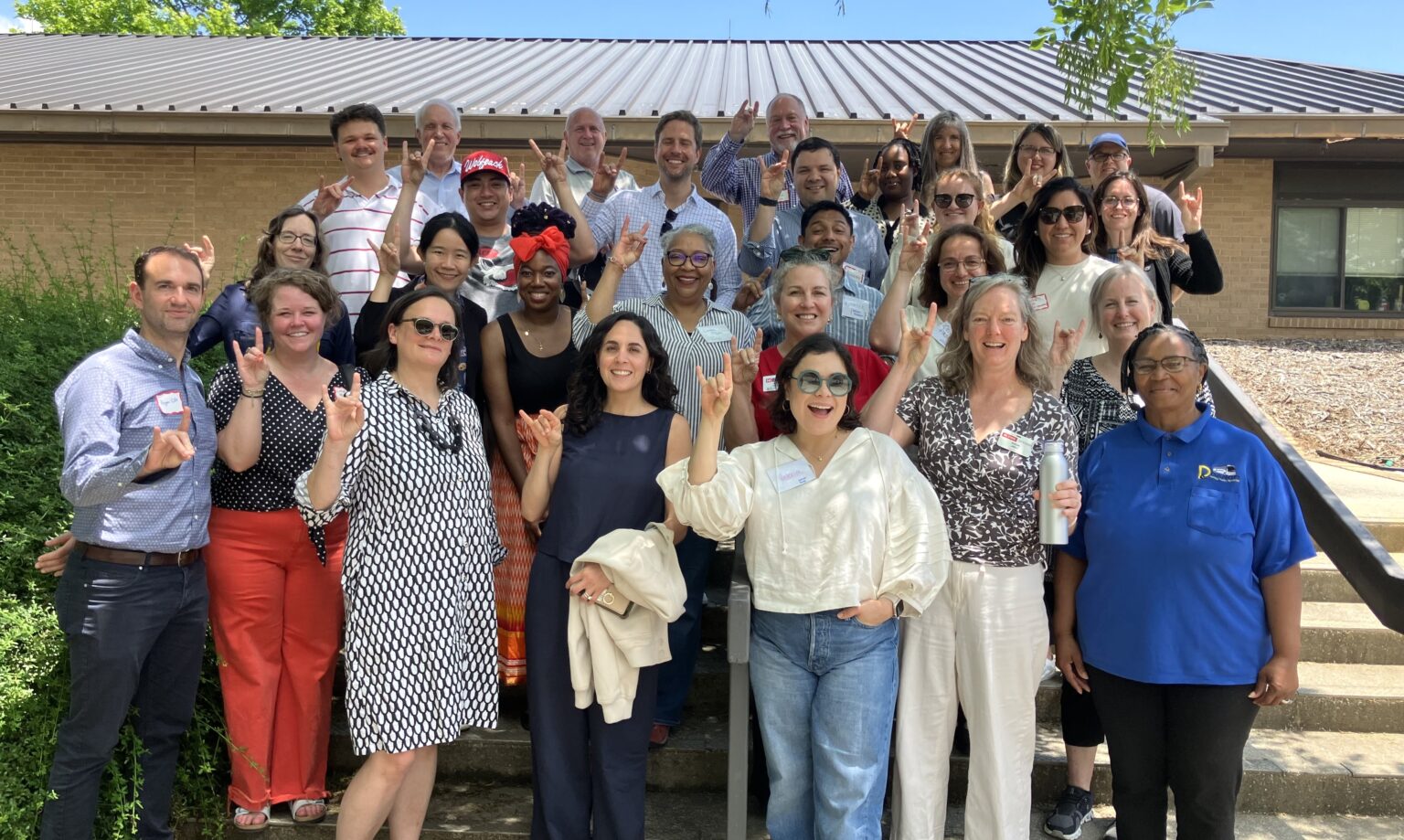Jenkins MBA Helps NCSU Team Win Second Place In Triangle Global Health Case Competition
The North Carolina Global Health Case Competition provides a venue for North Carolina’s graduate and undergraduate university students from multiple disciplines to develop innovative solutions for a specified global health problem.
The NC State Univeristy team, “DesiPak,” included students from several colleges across campus. The multidisciplinary team competed against 17 other teams from North Carolina universities, reaching the final round of five teams from the University of North Carolina at Chapel Hill, Duke University, Wake Forest University and Meredith College. They ultimately received second place, taking home $500 in prize money. (Last year the NC State Jenkins team won the same competition.) This year’s NC State Team Captain Derek V. DeShane said he is proud of what his team achieved. “Seeing our technical and business skills being applied to such a humanitarian problem feels incredible,” he said.
A Technical Solution to a Serious HealthCare Problem
The NC State team consisted of DeShane from the Jenkins MBA program, Chigozirim Okey-Nwamara from the College of Agriculture and Life Sciences and Vivek Subramaniam, Kanishka Yadam, Sandeep Lakshmanan and Suman Basu from the College of Engineering’s Department of Industrial Engineering. The team focused on the region around Afghanistan’s capital city of Kabul and addressed the two biggest causes of death among Afghani children: diarrhea and pneumonia.
Using a program already being executed in India in cooperation with the nonprofit group USAID, the team’s plan included supplying Afghani locals with low cost antibiotics, using Skype to educate locals on the causes of pneumonia and diarrhea, as well as improving the supply of medicines and clean water. Their technical solution offered both long and short term options. The long term goal was to offer water filtration to Afghani people for a cost of $1.62 a year, per person. The short term goal was building bore wells in those regions that have clean ground water.
A Rigorous Schedule
The case contest, hosted at the North Carolina Biotechnology Center on the NC State campus, was daunting, DeShane said. The students received the case on a Tuesday evening. They had to quickly form their teams and produce a video outlining their idea. Each team had to include four to six members from three separate colleges within their university (including the MBA program) along with a mix of graduates and undergraduate students.
Contest organizers screened the videos and selected the teams to go to the final round. The finalists then had to produce a PowerPoint presentation outlining their idea in more detail. The teams had to act as a non-governmental organization, submitting a proposal to UNICEF to use $15 million to initiate a project designed to reduce child mortality by 66% in four years, DeShane said. By Saturday morning, two team members had to be ready to present to the 12-person judge panel within 12 minutes.
Seeking Sustainable, Technology Focused Ideas
Dr. Richard Kouri, professor of practice and Director of the BioSciences Management Initiative in the Poole College of Management, was a judge at the contest. He says that the judges were after ideas that were sustainable, creative and presented well. “The team from NC State University did well because they presented flawlessly and because they addressed the critical problem of health care delivery in Afghanistan,” he said.
Dr. Marian G. McCord, director of Global Health Initiatives at NC State, said that the best part of contests like these is what the students learn through the competitive process. “All students, even those in less victorious teams, came away with a greater awareness of the complexity of the challenges facing the developing world,” she said. “They also gain an appreciation for the need for a multidisciplinary, team-based approach to working toward solutions. It’s a great learning experience.”
A Life-Changing Contest
For DeShane and his team, the project was exhausting – they hardly slept – but also exhilarating and life changing. Engineering student Kanishka Yadev said he felt rewarded seeing their supply chain, technology and logistics skills helping such a worthwhile cause. The same rang true for DeShane. “This contest showed me that the Jenkins MBA program is already helping me tackle some global humanitarian challenges,” he says. “This possibility never occurred to me when first embarking on my MBA degree.”


